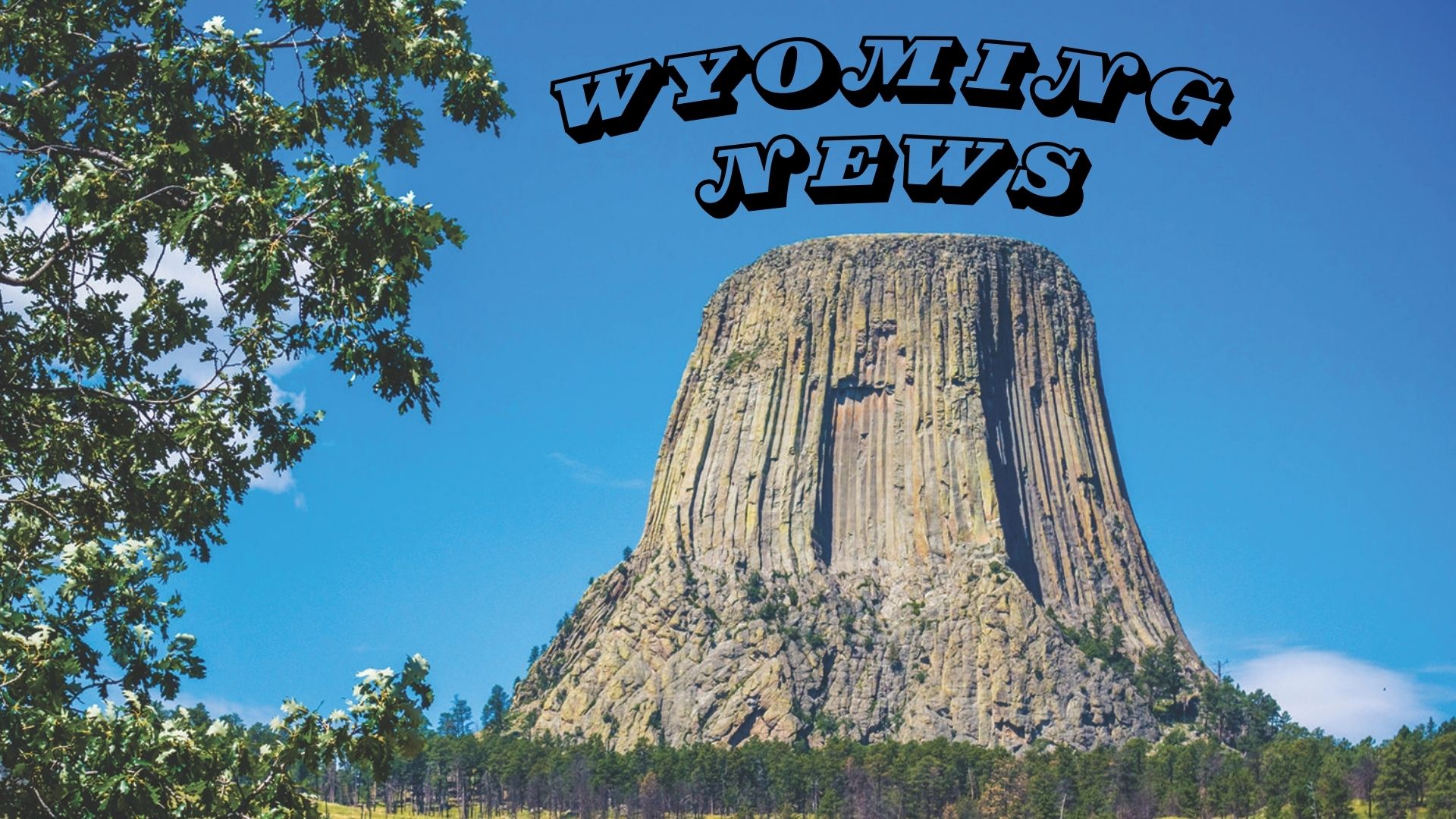Yellowstone body cam footage answers some, but not all questions about July 4th shooting

By Billy Arnold
Jackson Hole News&Guide
Via Wyoming News Exchange
JACKSON — Yellowstone National Park released law enforcement body camera footage Thursday showing parts of the response to a July Fourth shooting that left the alleged gunman dead and an officer injured.
The footage answers questions about how three of the five responding officers acted, and an accompanying video narrated by an unnamed National Park Service official seeks to answer more.
Video shows one officer firing at Samson Lucas Bariah Fussner, the alleged shooter, in the mouth of a garage below the Canyon Village dining complex. Another moved from a covered position to remove a semi-automatic weapon from Fussner as he was lying on the pavement outside the garage. A third officer runs past dorms, toward gunfire and the dining complex, telling employees to stay inside.
“Get back in your dorms!” the officer yelled while running toward the dining complex. “Tell everyone to stay in the dorm.”
But the body camera footage itself does not answer other questions, like what happened in the first few minutes of the officers’ encounter with the alleged shooter. Only one officer — the ranger who ran toward the gunshots from the dorms — turned on their body camera during the shooting. An officer who officials say first returned Fussner’s fire didn’t turn on their camera until after the shooting. Neither did an officer who officials say Fussner shot.
The footage available shows that the response was “well executed,” said Greg Jackson, a retired National Park Service law enforcement ranger who worked in a number of individual parks before retiring in 2013 as deputy chief of the national division of law enforcement.
“There’s 200 people around,” Jackson said. “The rangers are communicating with each other. They’re yelling safety warnings at the public to get out of the way, and they’re dealing with a heavily armed suspect. It’s really a complex situation that they dealt with very well.”
But, Jackson added, the lack of footage from the beginning of the encounter does raise questions about what happened when Fussner and law enforcement first encountered one another on July Fourth.
National Park Service policy requires law enforcement officers to “activate their body-worn cameras prior to contact with individuals, except when faced with an emergency situation requiring immediate action to preserve life or safety,” according to Yellowstone’s video.
Why exactly officers didn’t turn body cameras on sooner is unclear, especially since they knew Fussner was a threat, Jackson said. If they were surprised, they wouldn’t have had the chance. But the lack of video leaves gaps in the narrative of what happened, he said.
“With the gift of hindsight, I think everybody would like to have more information earlier,” Jackson added.
The video also does not answer questions about why Yellowstone and Xanterra Parks and Resorts, the concessionaire that operates most of Canyon Village and employed Fussner, didn’t tell employees and visitors sooner about the threat of a mass shooting. Employees and guests alike have told the Jackson Hole Daily they didn’t hear anything about the threat until the morning of July Fourth, if at all.
Employees and parents of employees have told the Daily that multiple complaints were levied against Fussner before the incident. Neither Xanterra nor Yellowstone have confirmed that. The videos released Wednesday don’t speak to the question.
On the night of July 3, the explanatory video says, Fussner entered a female Xanterra employee’s room with a gun and a knife, threatening to kill her and shoot up the employee dining room on July 4 as well as other holiday events outside the park. Law enforcement immediately responded, the narration said, searching the dorms and surrounding area for the suspected gunman.
The video includes a 911 call placed to the Yellowstone Interagency Communication Center showing a Xanterra security guard requesting assistance from law enforcement after the first incident.
“A female employee is with some other people in the female bathroom downstairs,” the security guard says. “She said a guy is threatening to kill her and shoot up the EDR tomorrow.”
Officers were “strategically deployed to protect areas frequented by park visitors and concession employees.” By the morning of July Fourth, over 20 officers, including the Yellowstone-Grand Teton special response team, were searching for Fussner near Canyon. A crisis negotiation team and victim advocate were both called in.
On July Fourth, officers found Fussner’s car unlocked in Canyon Village with a handgun visible inside. At 8:05 a.m., he emerged from the woods near Canyon Village with a semi-automatic rifle. An exchange of gunfire ensued, with Fussner firing through a doorway at an officer who returned fire and was shot by Fussner.
The exchange left bullet holes in the walls.
It’s not clear from the narrative, however, whether Fussner or law enforcement shot first. And it’s not clear which of the five officers on scene eventually shot and killed Fussner.
No one besides the officer and Fussner was injured.
The FBI and special agents from the National Park Service’s investigative services branch are still probing the incident, including the actions taken by Park Service law enforcement. When the investigation is complete, the United States Attorney for Wyoming will review the results. The response is separately being reviewed by the National Park Service Office of Professional Responsibility, an internal park service outfit.
This story was published on September 20, 2024.






